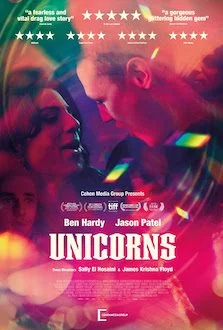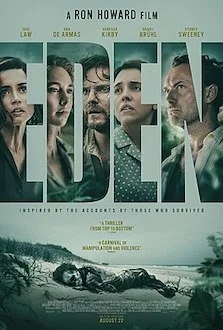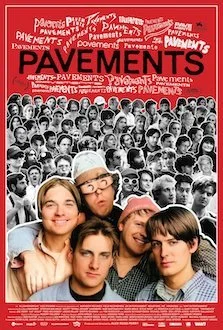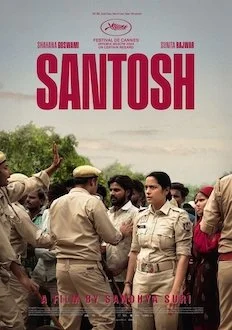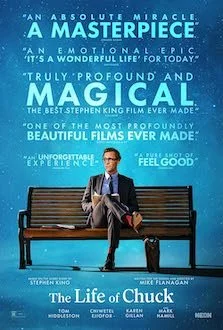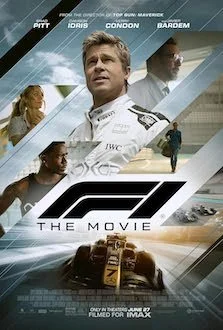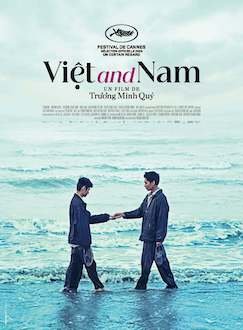Direction: James Krishna Floyd, Sally El Hosaini
Country: UK
Ben Hardy and Jason Patel star in Unicorns, a British queer drama directed by James Krishna Floyd— who also penned the script—and Sally El Hosaini (The Swimmers, 2022). The story revolves around the serendipitous relationship between Luke (Hardy), a single father from Essex who works as a mechanic, and Aysha (Patel), a drag queen striving for artistic recognition.
The film presents a respectful and sincere narrative, told with honesty and restraint, though it takes a quieter approach than one might expect—even when going to unsettling places. It’s a cross-cultural love story marked by rivalry, cruelty, and prejudice, elevated by empathetic and grounded performances from its leads.
Straddling the line between kitschy flair and indie sensibility, the filmmakers inject the familiar premise with insight and intimacy. Most notably, the film avoids becoming overly sentimental or obnoxiously cautionary. Not particularly groundbreaking, Unicorns takes an eventful route to a predictable destination. It’s a plot you can see coming once the main characters are in place.

